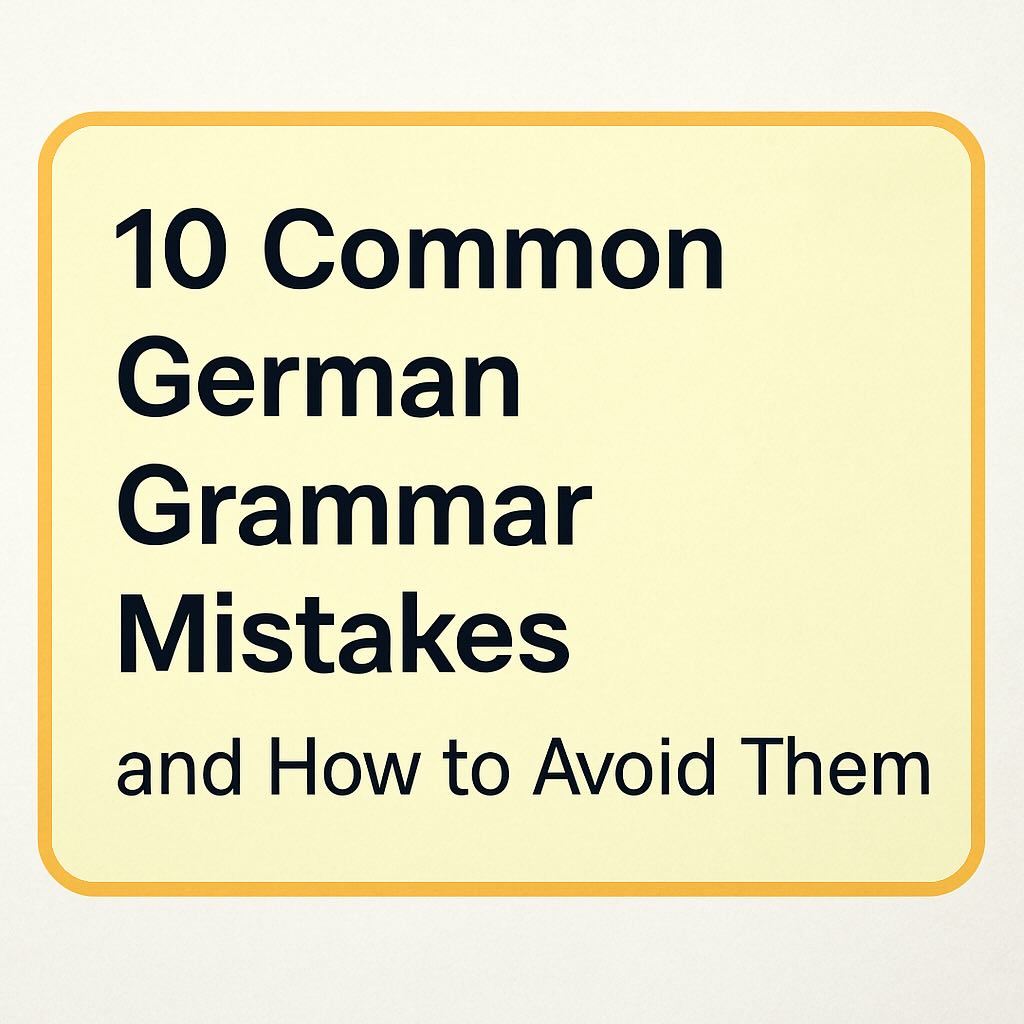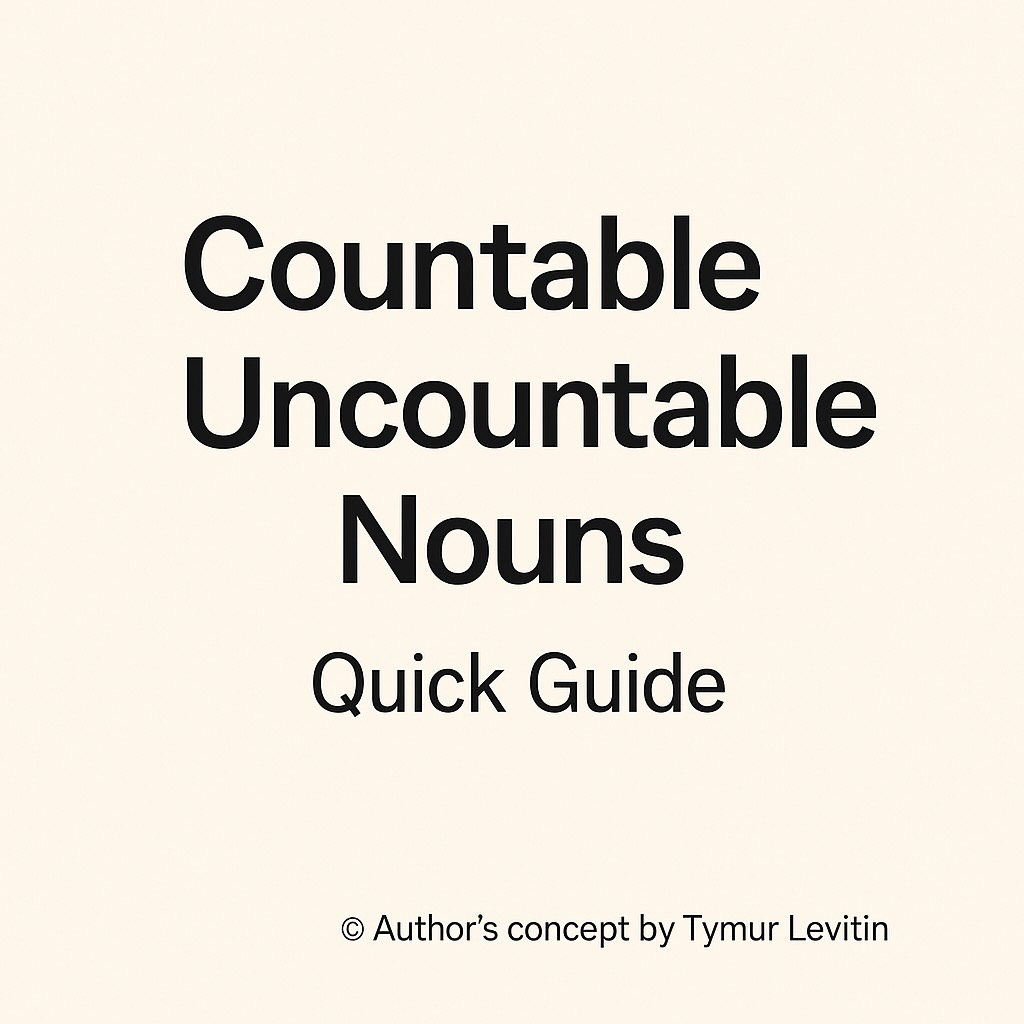Dlaczego nie wszystko, co kochasz, jest miłością
🔗 Wybierz swój język:
👉 Rozpocznij z nami swoją podróż
"Kocham Cię" = "Kocham Czekoladę"? Naprawdę?
W języku angielskim kochamy wszystko.
Kochamy naszych partnerów.
Uwielbiamy pizzę.
Uwielbiamy deszczowe dni, psy i filmy.
Nawet "kochamy" poniedziałki... czasami.
Jedno słowo - miłość - jest używany do tego wszystkiego.
Ale czy to naprawdę to samo uczucie?
W tym artykule zbadamy, w jaki sposób różne języki - niemiecki, hiszpański, ukraiński, rosyjski - pomagają nam oddzielić prawdziwą miłość od emocjonalnych nawyków.
I dlaczego ma to znaczenie dla każdego, kto uczy się komunikować dogłębnie, a nie tylko płynnie.
Niemiecki: Gdzie słowa szanują znaczenie
W języku niemieckim nie "kocha się" czekolady.
Ty jak to. Ty cieszyć się to. Ty preferować to. Ale tak nie jest lieben chyba że żartujesz lub jesteś ironiczny.
| Czasownik | Przykład | Znaczenie |
|---|---|---|
| lieben | Ich liebe dich | Głęboka, osobista, emocjonalna miłość - romantyczna lub rodzinna |
| mögen | Ich mag Schokolade | Lubię czekoladę - neutralną i uczciwą |
| gern haben | Ich habe dich gern | Delikatne uczucie; głęboka troska, często wśród przyjaciół lub rodziny |
| gern essen / gern machen | Ich esse das gern | Lubię to jeść - przyjemność bez ciężaru emocjonalnego |
Ta językowa granica uczy emocjonalnej precyzji.
To pokazuje, że Niemcy Nie nadużywaj głębokich słów. I być może my też nie powinniśmy.
Hiszpański: Pasja w warstwach
Hiszpański oferuje więcej tekstura niż angielski - i bardziej ostrożnie, niż można by się spodziewać.
| Wyrażenie | Tłumaczenie | Użycie |
|---|---|---|
| Te amo | Kocham cię | Głęboki, romantyczny, poważny; nie do codziennego użytku |
| Te quiero | Troszczę się o ciebie / kocham cię | Łagodniejszy, czuły, używany z rodziną i partnerami |
| Me gustas | Lubię cię | Zalotne, początkowe przyciąganie |
| Me encanta el chocolate | Uwielbiam czekoladę | Dosłownie: "It enchants me" - mocniejsze niż "me gusta", ale wciąż bezpieczne dla czekolady. |
Rzadko można usłyszeć, jak osoba mówiąca po hiszpańsku mówi "te amo" na deser.
Zachowują tę frazę na coś prawdziwego. I trwałego.
Ukraiński i rosyjski: Jeden czasownik, wiele światów
Zarówno w języku ukraińskim, jak i rosyjskim istnieje czasownik "kochać" - ale zasady wokół niego są subtelne.
| Język | Wyrażenie | Nuance |
|---|---|---|
| Ukraiński | Я тебе люблю / Я тебе кохаю | Кохати = romantyczny; любити = rodzina, przyjaźń, ogólna sympatia |
| Rosyjski | Я тебя люблю | Może oznaczać romantyczną miłość, ale jest też używane w szerszym znaczeniu |
| Ukraiński | Мені подобається шоколад | Lubię czekoladę - bez emocjonalnego zamieszania |
| Rosyjski | Мне нравится шоколад | To samo - wyraźne oddzielenie osoby od rzeczy |
W obu językach ciężar emocjonalny miłości może być duży. Dlatego ludzie często unikać mówienia tego chyba że naprawdę mają to na myśli.
Dlaczego ma to znaczenie podczas nauki języka
Może ci się wydawać, że mówienie "Uwielbiam to!" o wszystkim jest nieszkodliwe.
Z czasem jednak osłabia to słownictwo emocjonalne.
Jeśli "kochasz" czekoladę, swojego psa, swoją pracę i swojego partnera - skąd mamy wiedzieć, które z nich ma znaczenie?
Inne języki dają nam cenną lekcję:
Nie mów "kocham", gdy masz na myśli "lubię".
I nie mów "lubię", gdy masz na myśli "potrzebuję".
Słowa mają znaczenie. Emocje mają większe znaczenie.
Dlatego nauka języka to trening emocjonalny. Nie tylko słownictwo.
Czego naprawdę uczymy w naszej szkole
Przy Szkoła językowa LevitinNie uczymy tylko gramatyki.
Pomagamy rozwijać płynność emocjonalna.
Nauczysz się:
- Odróżnij miłość od przyzwyczajenia.
- Mów to, co czujesz - i miej to na myśli.
- Zrozumienie, w jaki sposób rodzimi użytkownicy języka wyrażają uczucia, preferencje i intymność.
Ponieważ w prawdziwej komunikacji nie chodzi o to, ile słów znasz.
Chodzi o to, jak uczciwie z nich korzystasz.
Następne artykuły z tej serii
"Od chłopca do mężczyzny: jak mężczyźni mówią "kocham cię" w każdym wieku - lub nie".
Zbadamy, w jaki sposób chłopcy, nastolatkowie i dorośli mężczyźni wyrażają (lub tłumią) uczucia - i jak język ewoluuje wraz z tożsamością.
© Tymur Levitin - Założyciel, nauczyciel i tłumacz
Szkoła językowa Start by Tymur Levitin / Szkoła językowa Levitin
Poznaj nasze strony językowe
- Nauka angielskiego:
levitinlanguageschool.com/english-study |
languagelearnings.com/english - Nauka hiszpańskiego:
levitinlanguageschool.com/learning-spanish |
languagelearnings.com/spanish - Nauka niemieckiego:
levitinlanguageschool.com/studying-german-easy |
languagelearnings.com/german - Nauka arabskiego:
languagelearnings.com/arabic - Blog:
levitinlanguageschool.com/blog |
languagelearnings.com/blog
























